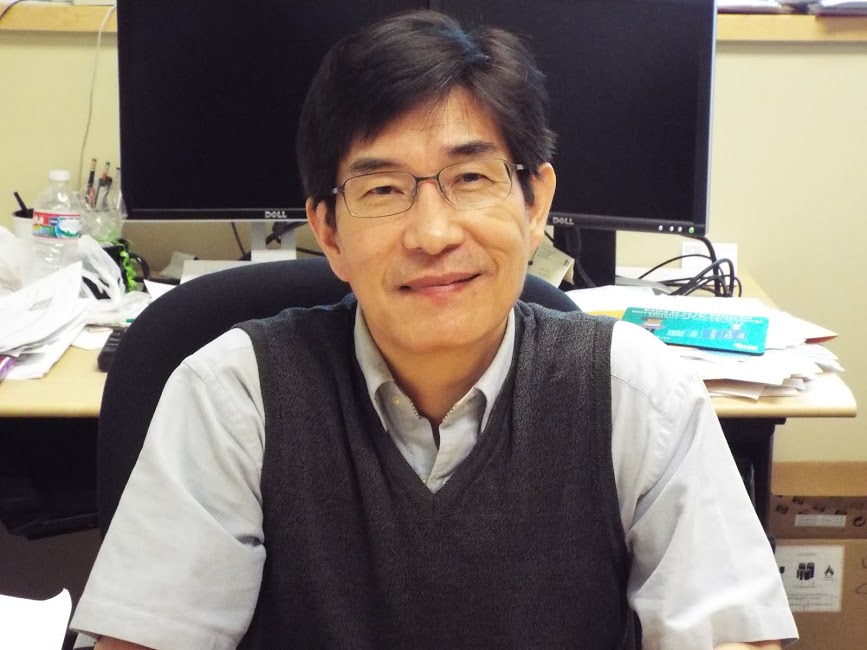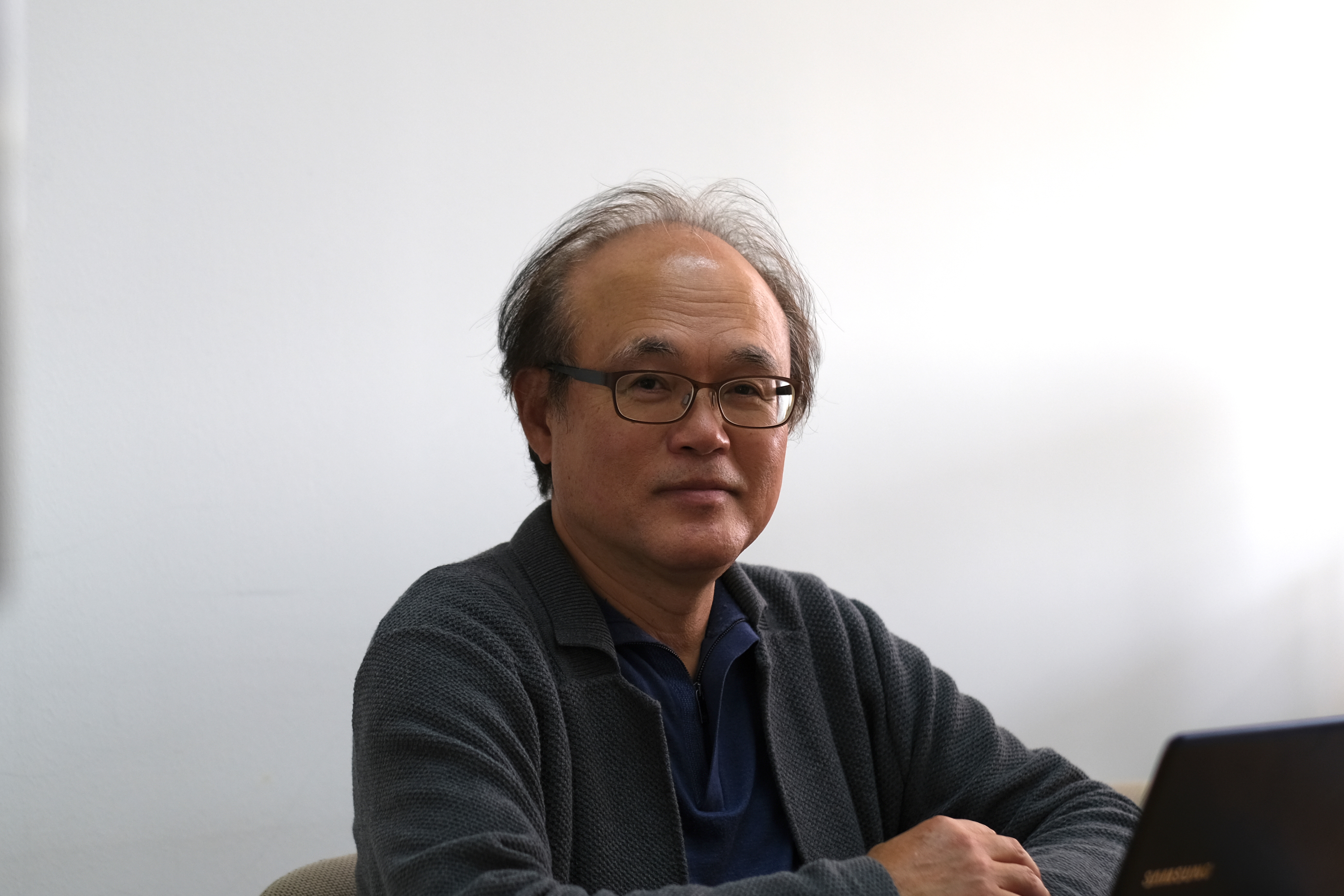
On Non-Functional Requirements in Software Engineering
Non-Functional Requirements (NFRs) are important not only in software engineering but also in just about any engineering discipline, but often times much more challenging to deal with than functional requirements (FRs). In this talk, I will start with a brief description of what NFRs are and then go through some key characteristics of NFRs, some key rules of thumb for dealing with NFRs, and how to represent and reason about them. In this talk, I will present NFRs in a more casual and conceptual, and less technical and formal, manner.
Lawrence Chung has been working in Requirements Engineering, System/Software Architecture and Systems Engineering. He was the principal author of the research monograph “Non-Functional Requirements in Software Engineering", and has been involved in developing “RE-Tools” (a muiti-notational requirements tool) , “HOPE” (a smartphone app project for people with difficulties), “Silverlining” (a Google-award winning project on cloud computing and big data), etc. He has been a keynote speaker, invited lecturer, co-editor-in-chief for Int. Journal of Software Innovative (IJSI) and Int. Journal of Big Data Intelligence and Applications (IJBDIA), associate editor for Requirements Engineering Journal (REJ), editorial board member for Int. Journal of Networked and Distributed Computing (IJNDC), editor for ETRI Journal (ETRIJ), and program co-chair for various international events. He is currently on the faculty of Computer Science (and Software Engineering) at University of Texas at Dallas. He received his Ph.D. in Computer Science in 1993 from University of Toronto.

Adaptive Software Engineering
4차 산업혁명 시대를 맞이해서 ‘소프트웨어가 세상을 먹어버린다’는 말이 정말 실감이 날 정도로 우리 주변에 많은 변화를 소프트웨어가 주도하고 있다. 최근
들어 AI에 대한 수요가 폭발적으로 증가한 것 역시 소프트웨어 시스템의 활용 영역과 범위를 빠른 속도로 넓히고 있다. 결과적으로 많은 소프트웨어 개발 및 관련
연구가 필요한 시점이다. 소프트웨어에 몸담고 있는 우리들에게 더 많은 기회가 올 것이라는 막연한 기대를 가지고 있다.
한 편, 1968년 NATO Conference에서 ‘Software Engineering’이라는 용어가 처음 소개된 이후로 지난 약 60여년간 소프트웨어 개발 패러다임도 많은 진화를
이루어 왔다. 소프트웨어공학 역시 연구 개발에서 많은 성장을 이루어 왔으나, 미래에는 더 빠른 속고도 변화할 것이며, 소프트웨어공학자로서 이러한 변화에
적응하지 못하면 도태할지도 모른다는 두려움 역시 적지 않다. 본 주제 강연에서는 미래의 소프트웨어 개발자로서 성공하기 위해 필요한 역량을 알아 보고, 또
소프트웨어공학 연구자로서 더 이상 추적 연구가 아닌 선도적인 연구를 하기 위한, 즉 fast mover가 되기 위한 연구 방향 중의 하나로 Adaptive
Software Engineering을 정의하고 그 의미와 내용들을 알아본다.
배 두환 교수는 1992년 University of Florida에서 전산학 박사 학위를 마치고, 1995년부터 카이스트 전산학부의 교수로 부임하였다. 현재 주요 연구 분야는 Modeling and Verification of System of Systems로 Model-Based Software Engineering 기법들을 대규모 SW 시스템에 적용하는 연구로, SW 스타랩으로 선정되어 관련 연구를 하고 있다. 지금까지 약 200여펀의 국제 우수 저널 및 학술 대회에 논문을 발표 및 게재하였으며 약 150명의 석/박사 졸업생을 배출하였다. 2002년부터 2018년까지 KAIST SW Process 개선 센터장, 2005년부터 2011년까지 SW 전문가 과정 책임 교수, 2008년부터 2009까지 초대 한국 소프트웨어공학 소사이어티 회장, 2008년부터 2012년까지 Asia-Pacific Software Engineering Conference의 Steering Committee Chair, 2012년부터 2016년까지, 카이스트 전산학부장을 역임하였으며, 현재는 KAIST 전산학부의 ICT 석좌교수로 SW 교육 센터장을 맡고 있으며 한국공학한림원 회원으로 활동하고 있다. 많은 공로상 및 장관상, 대통령 표창을 수상하였으며, 2019년 SW 산업 유공자 근정 포장을 수상하였다.
 ) - 프로필 - 내 프로필 편집 선택
) - 프로필 - 내 프로필 편집 선택 )클릭
)클릭